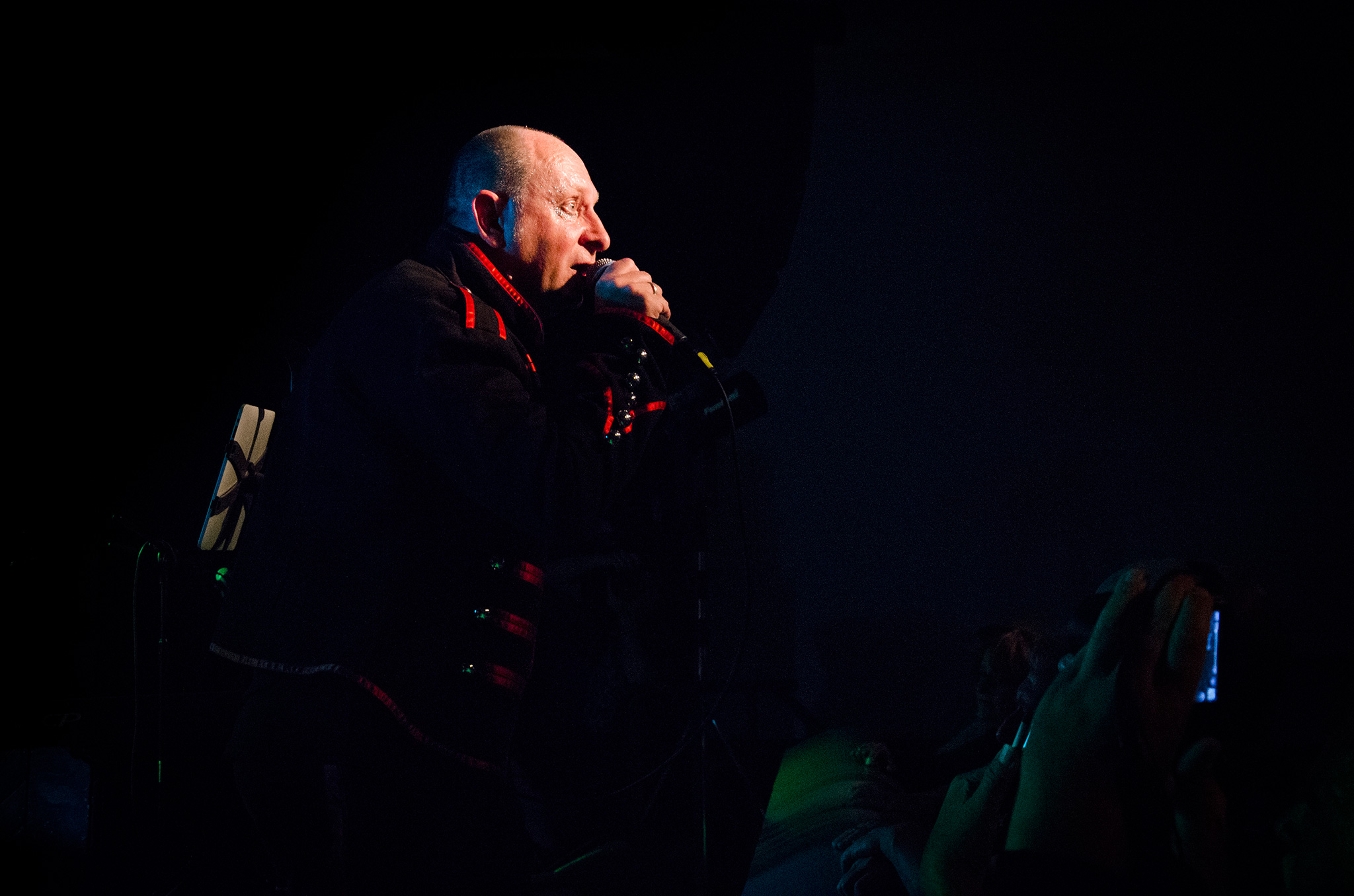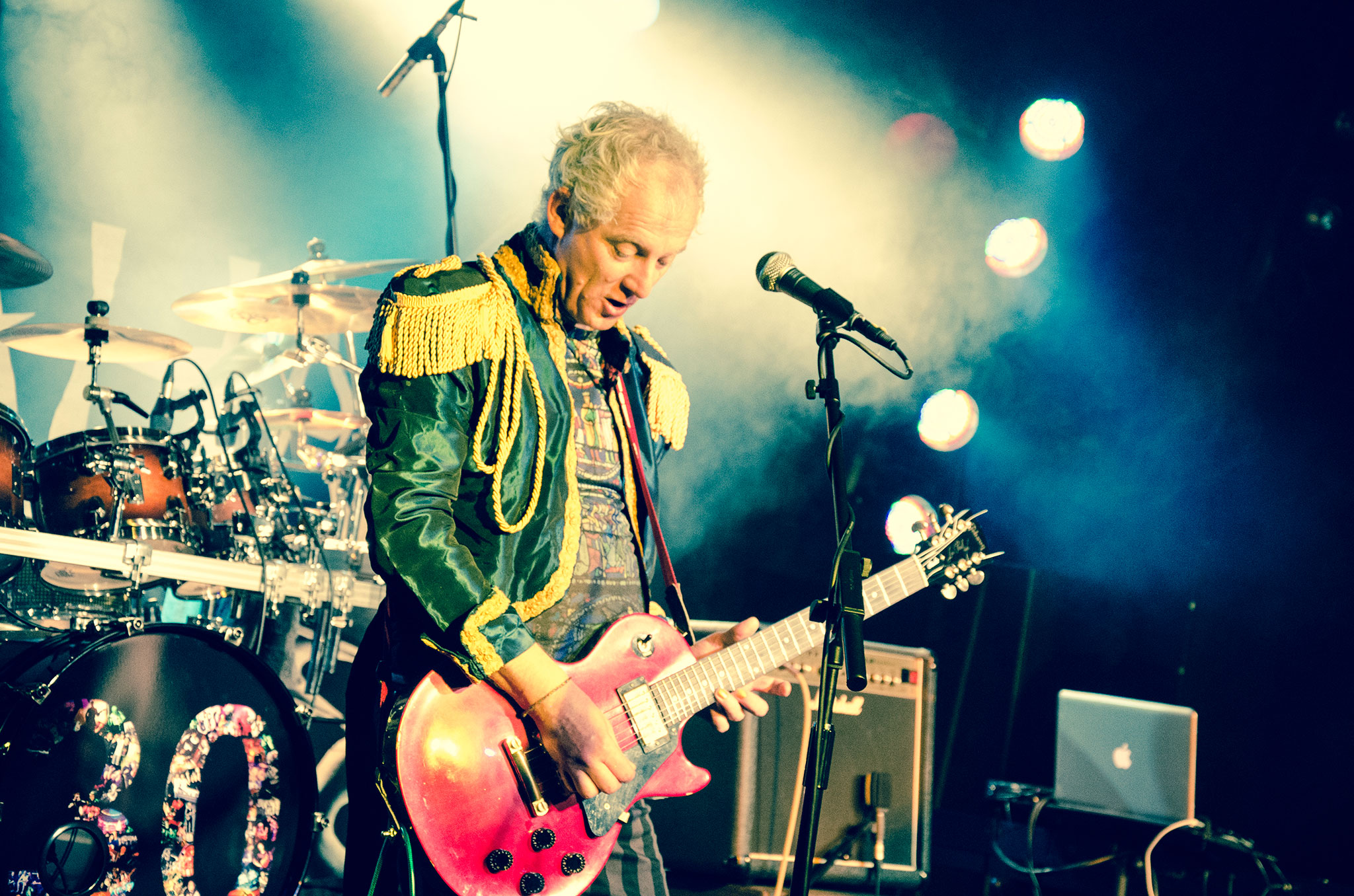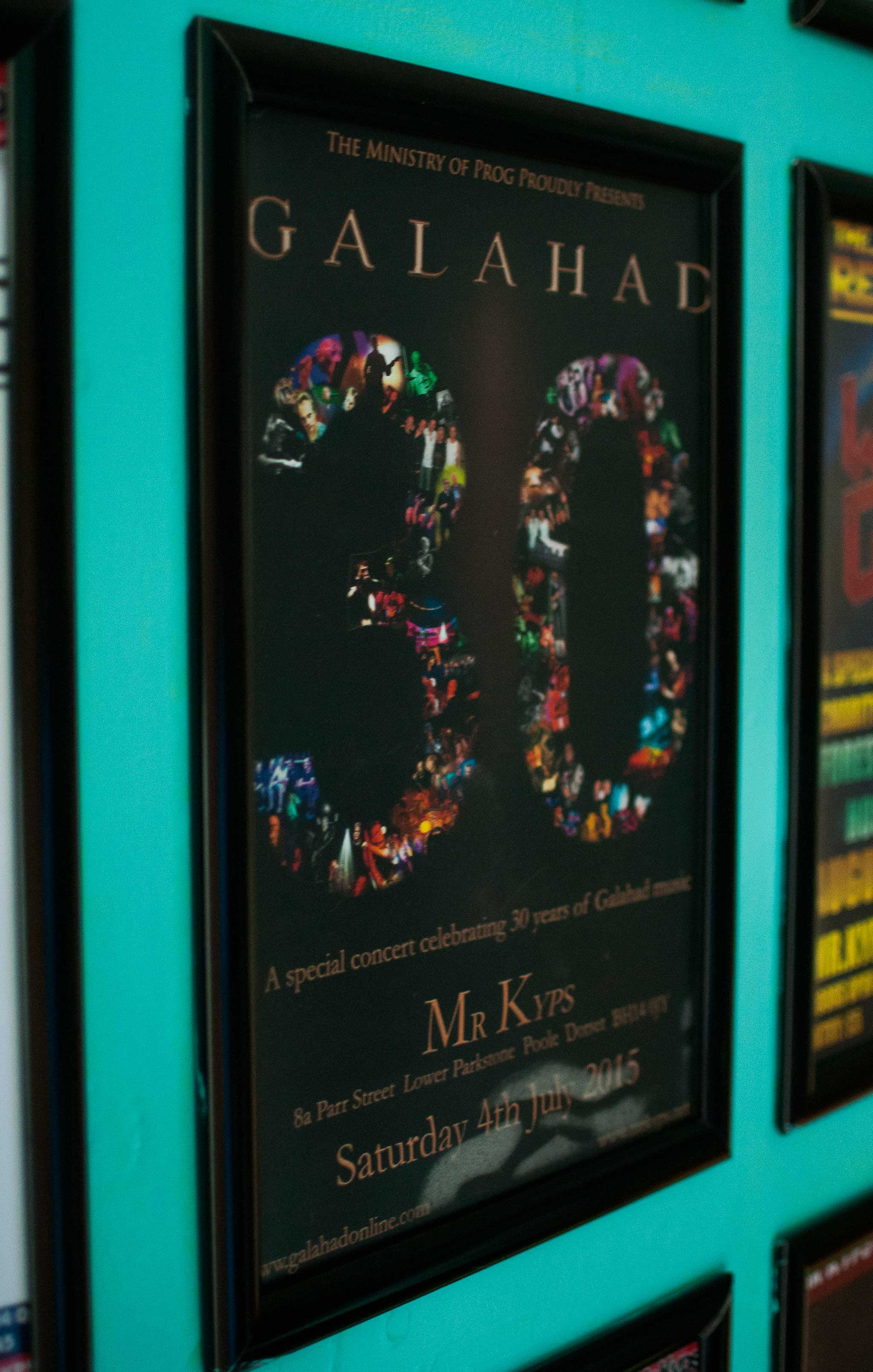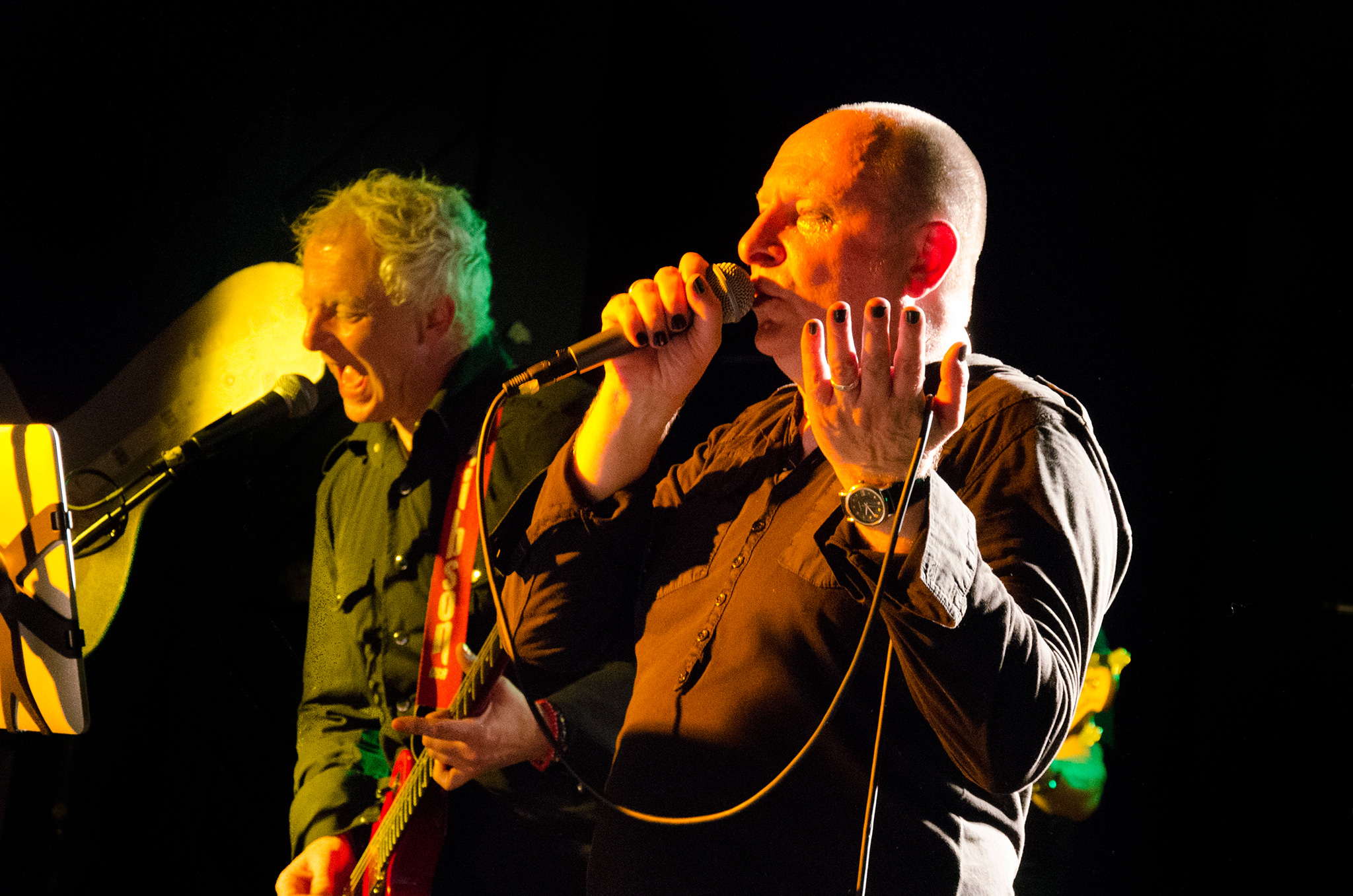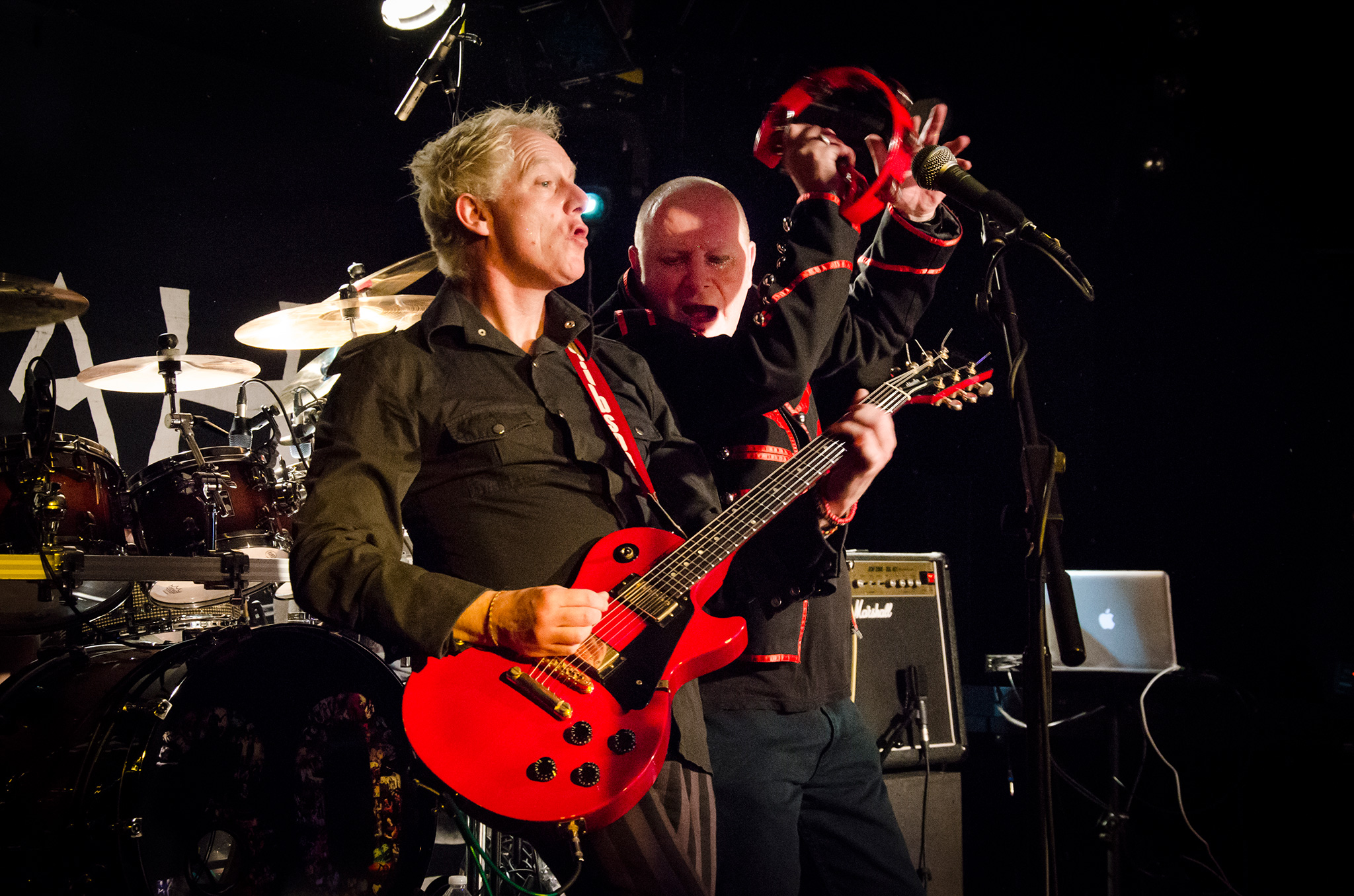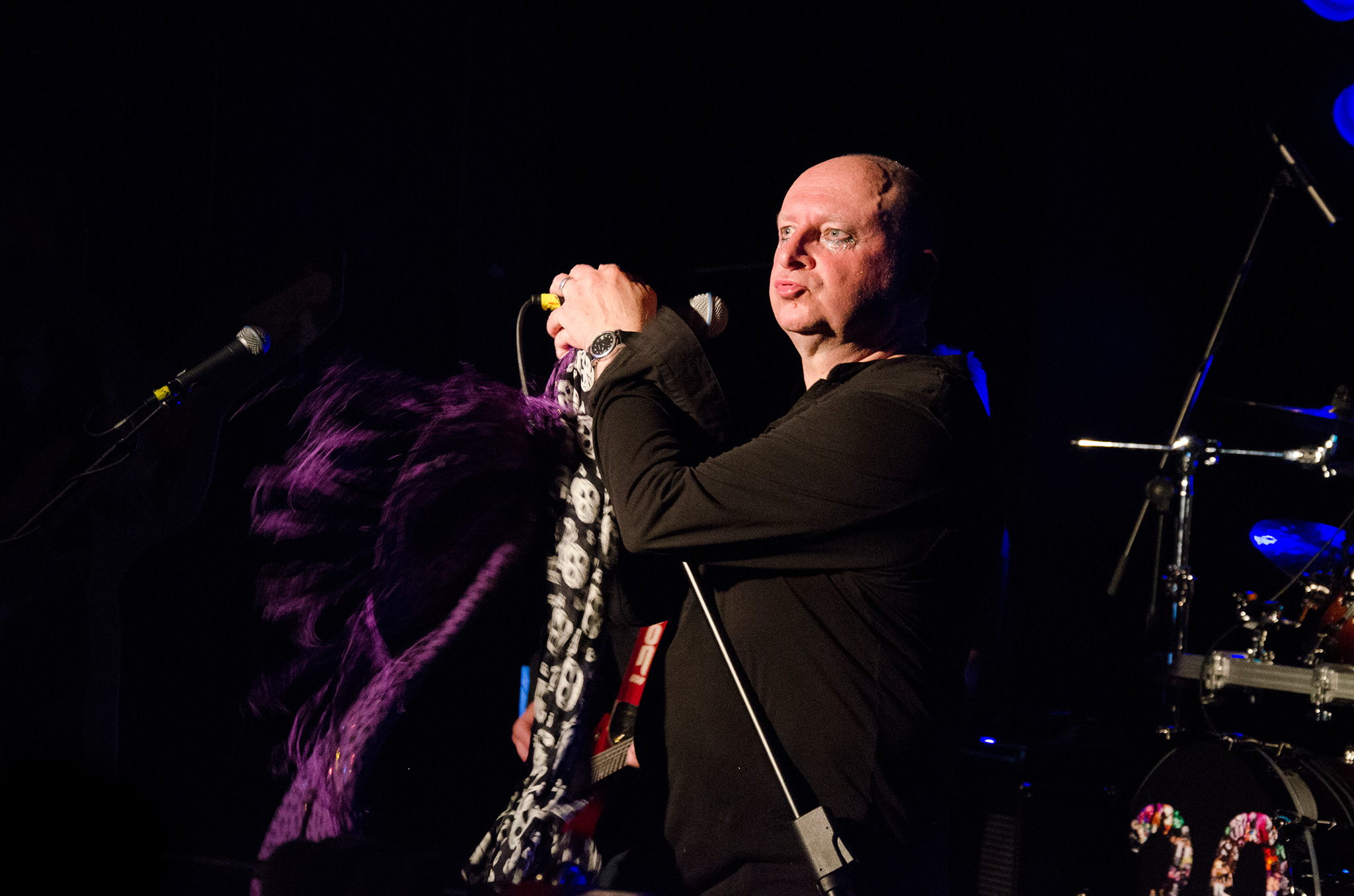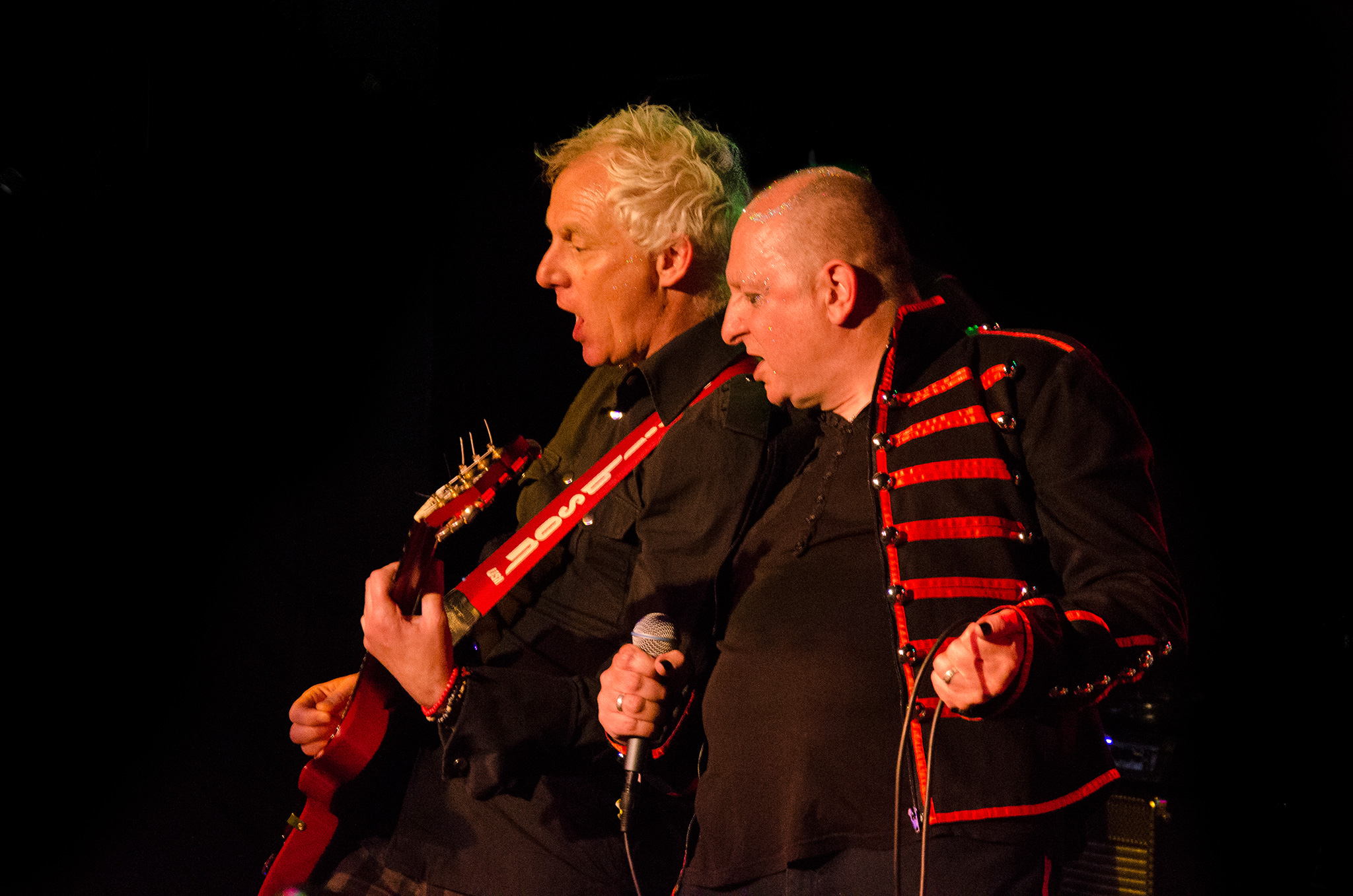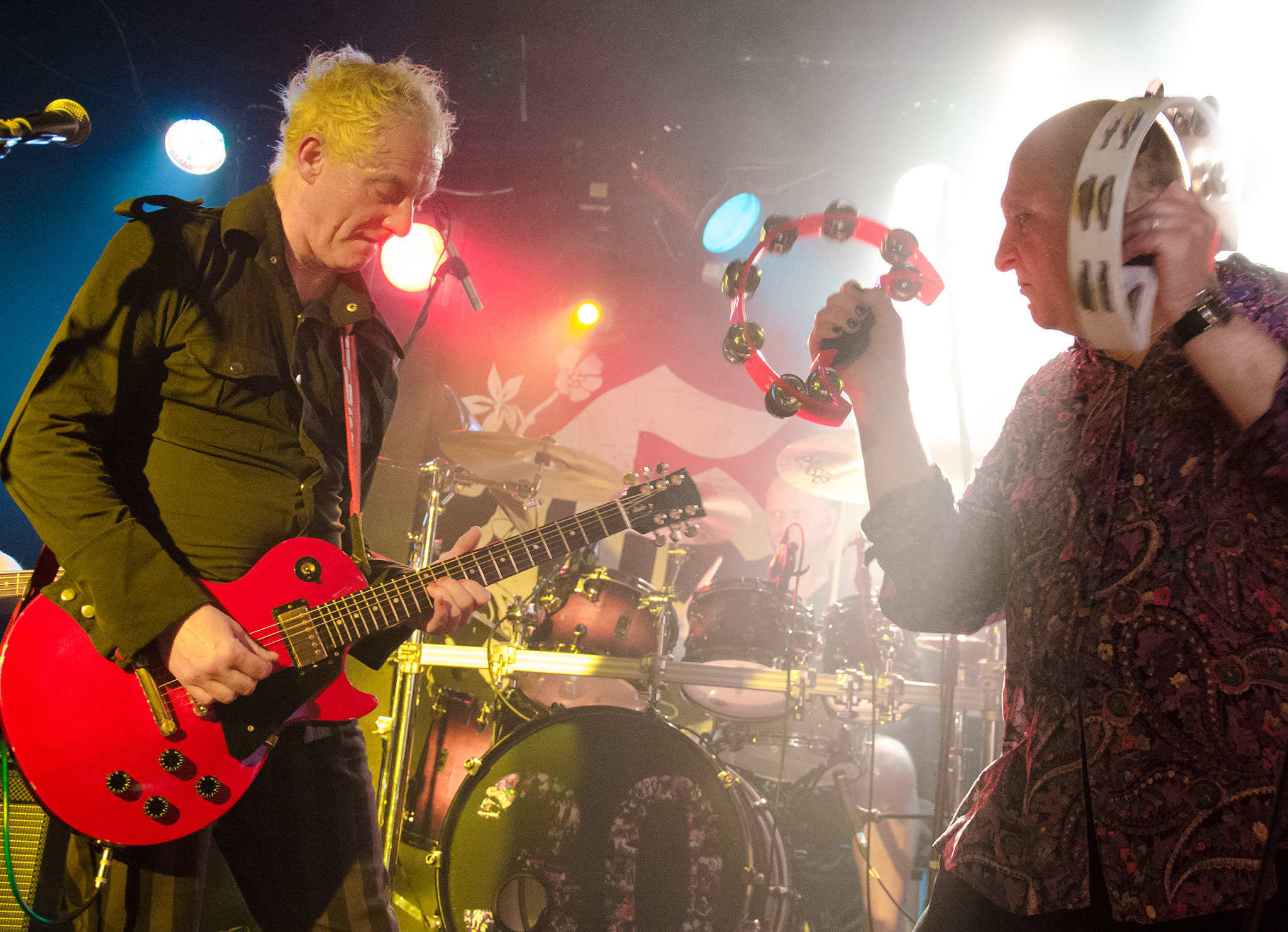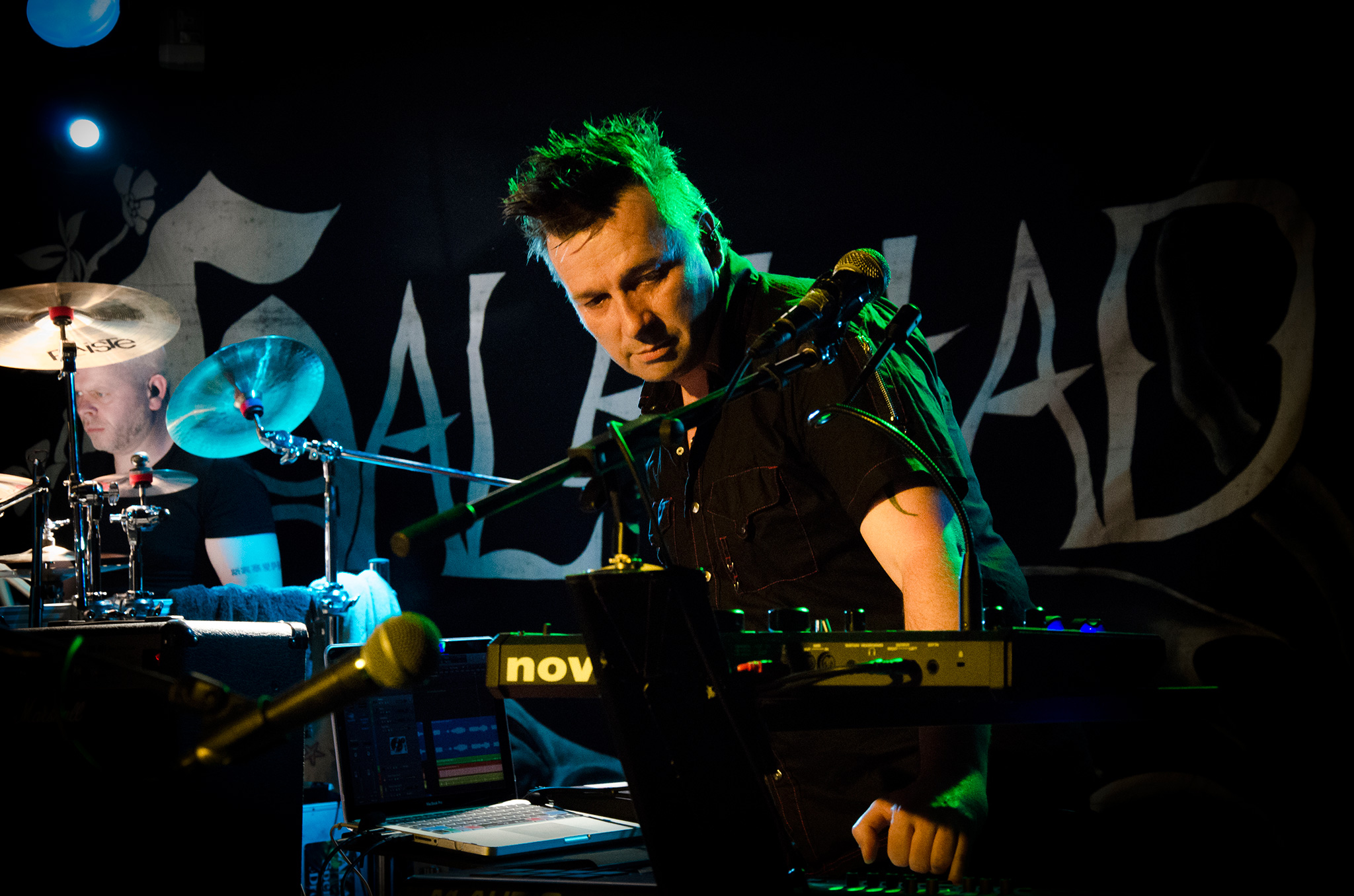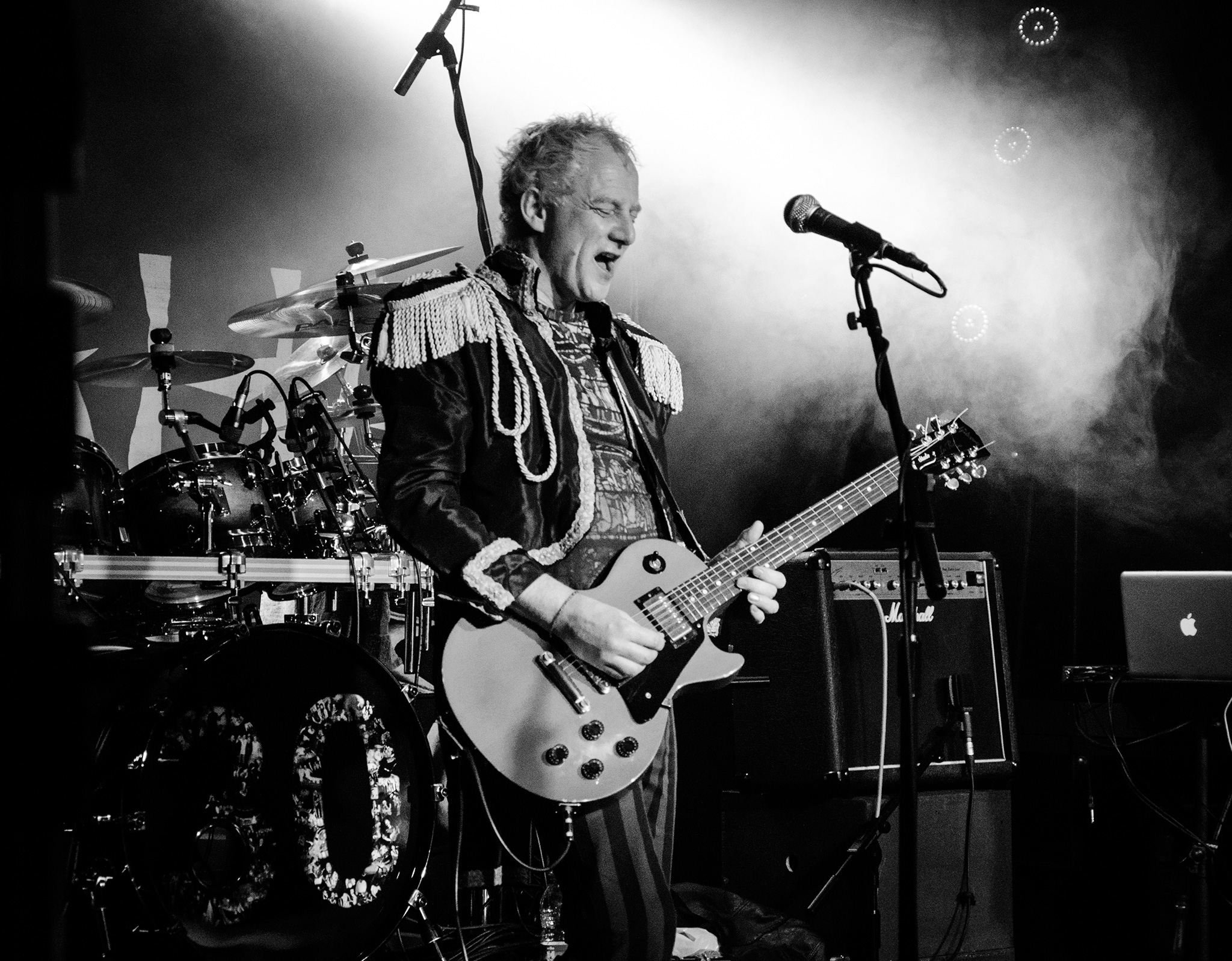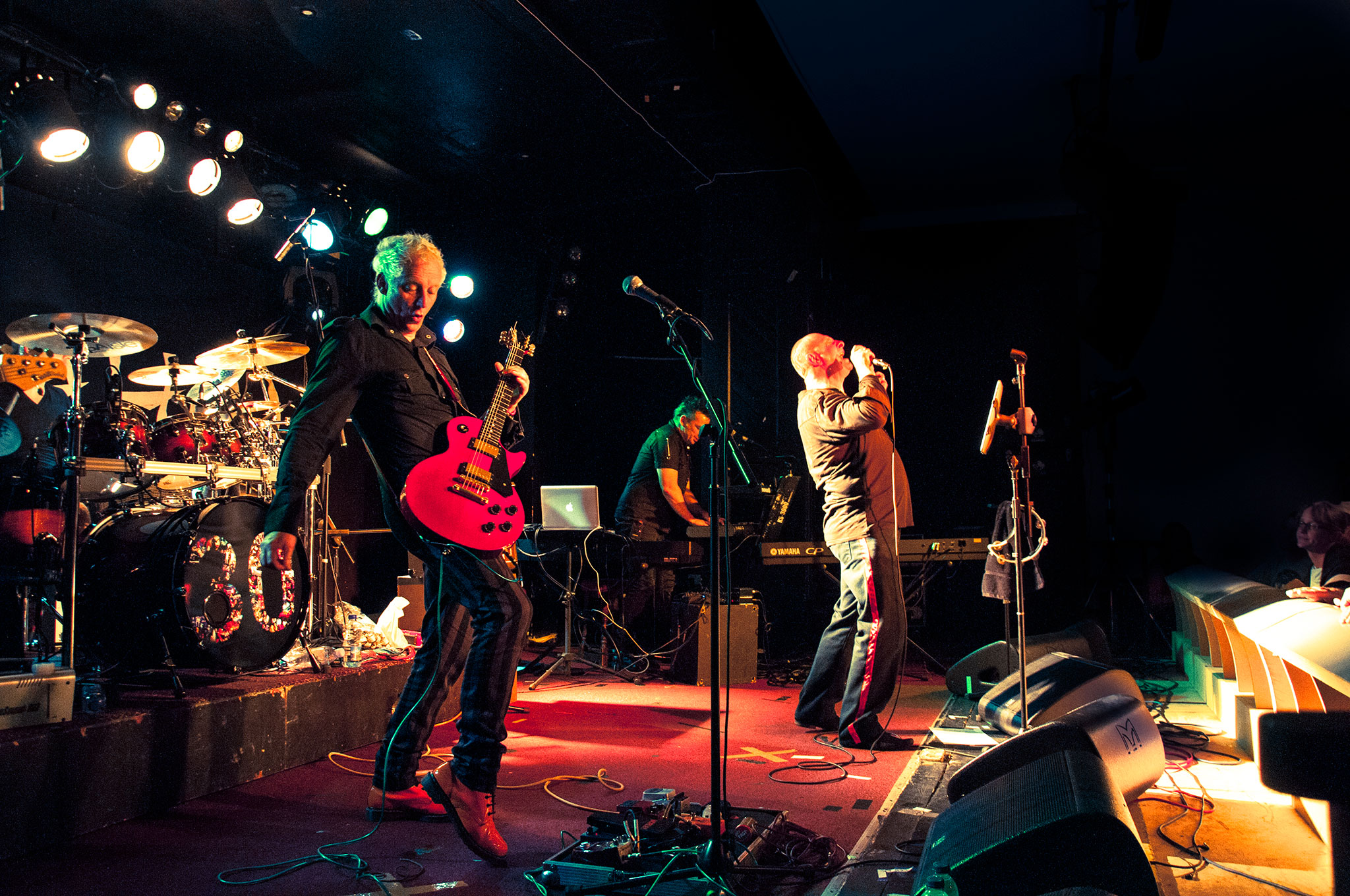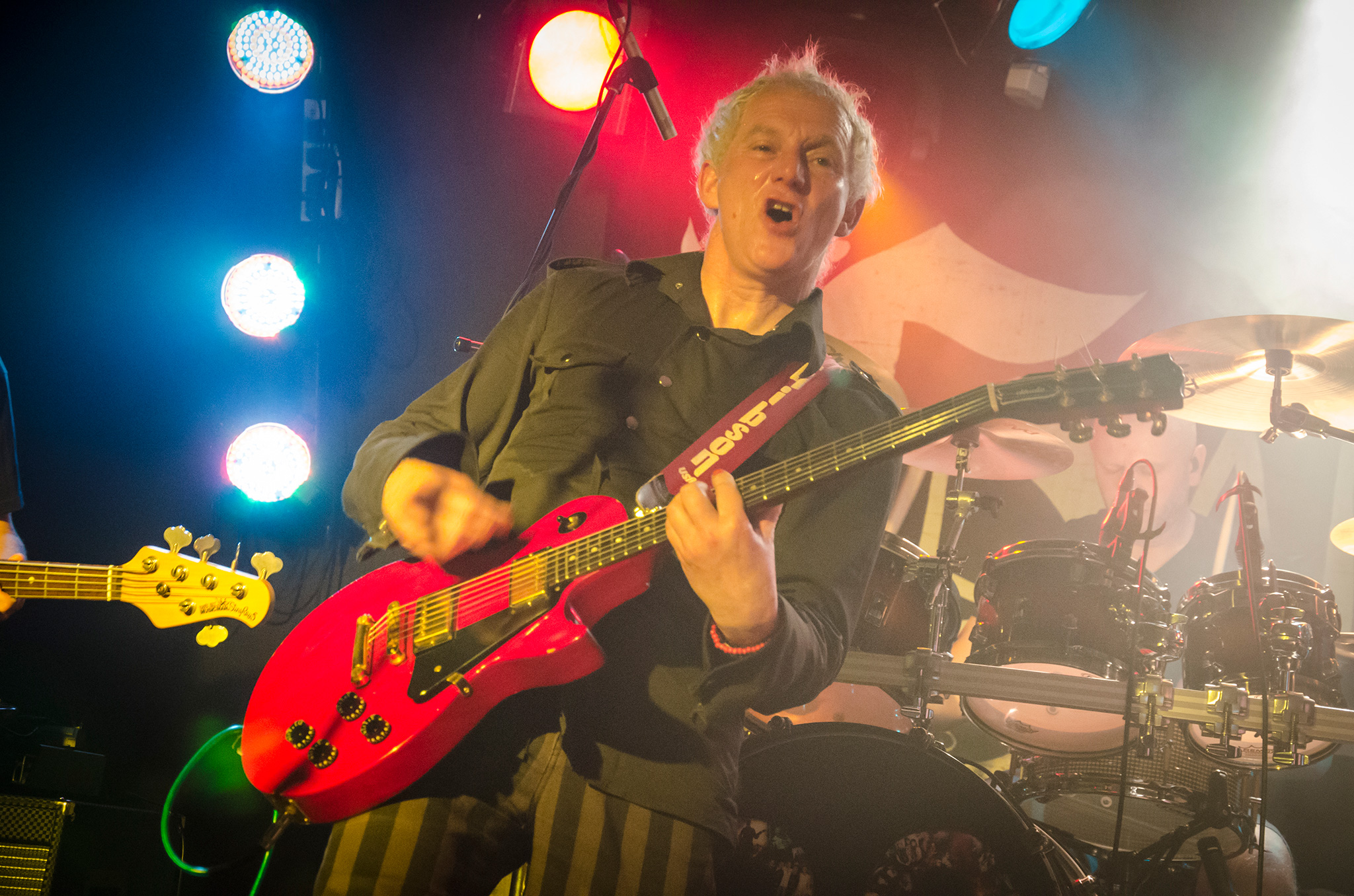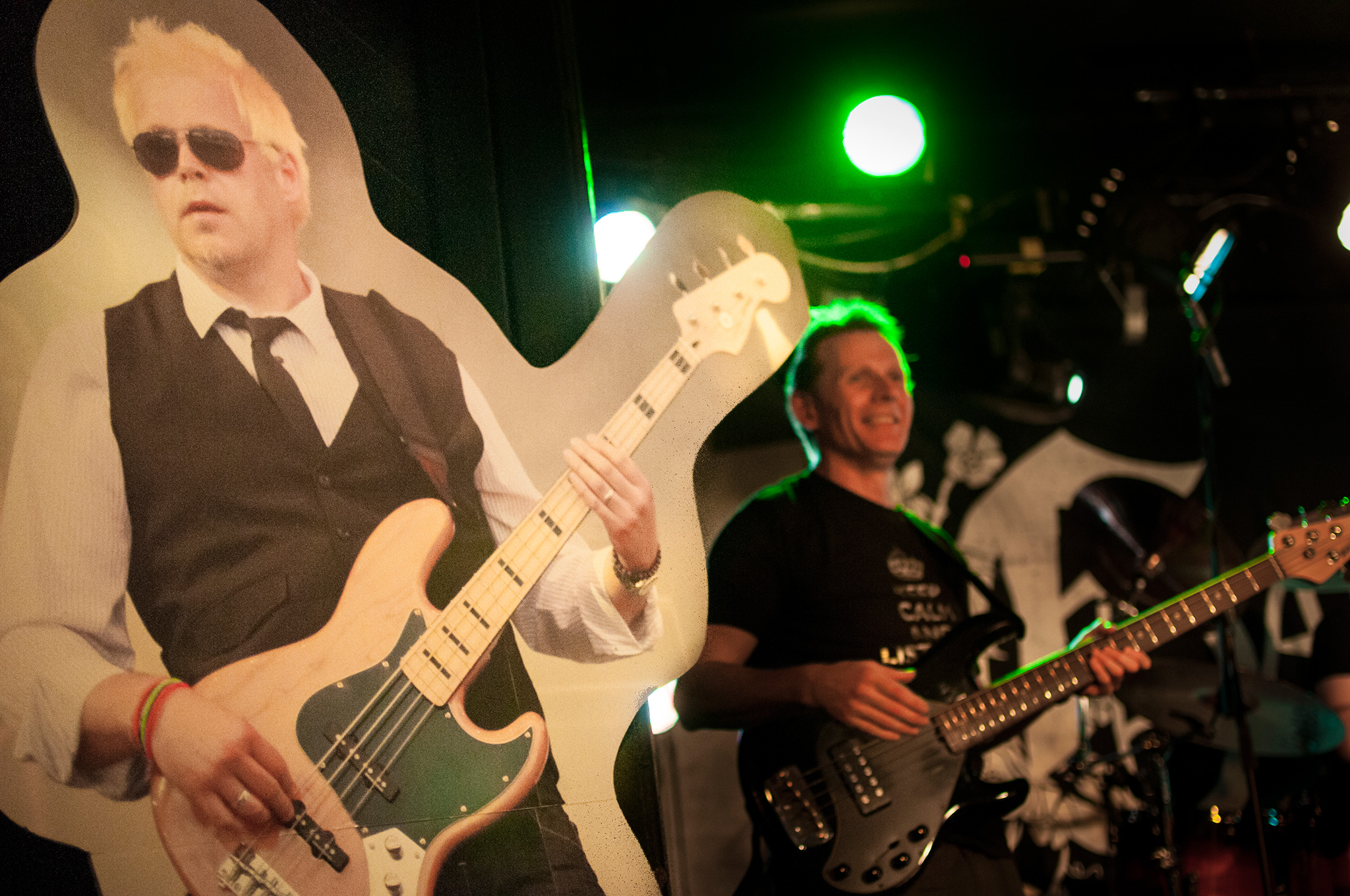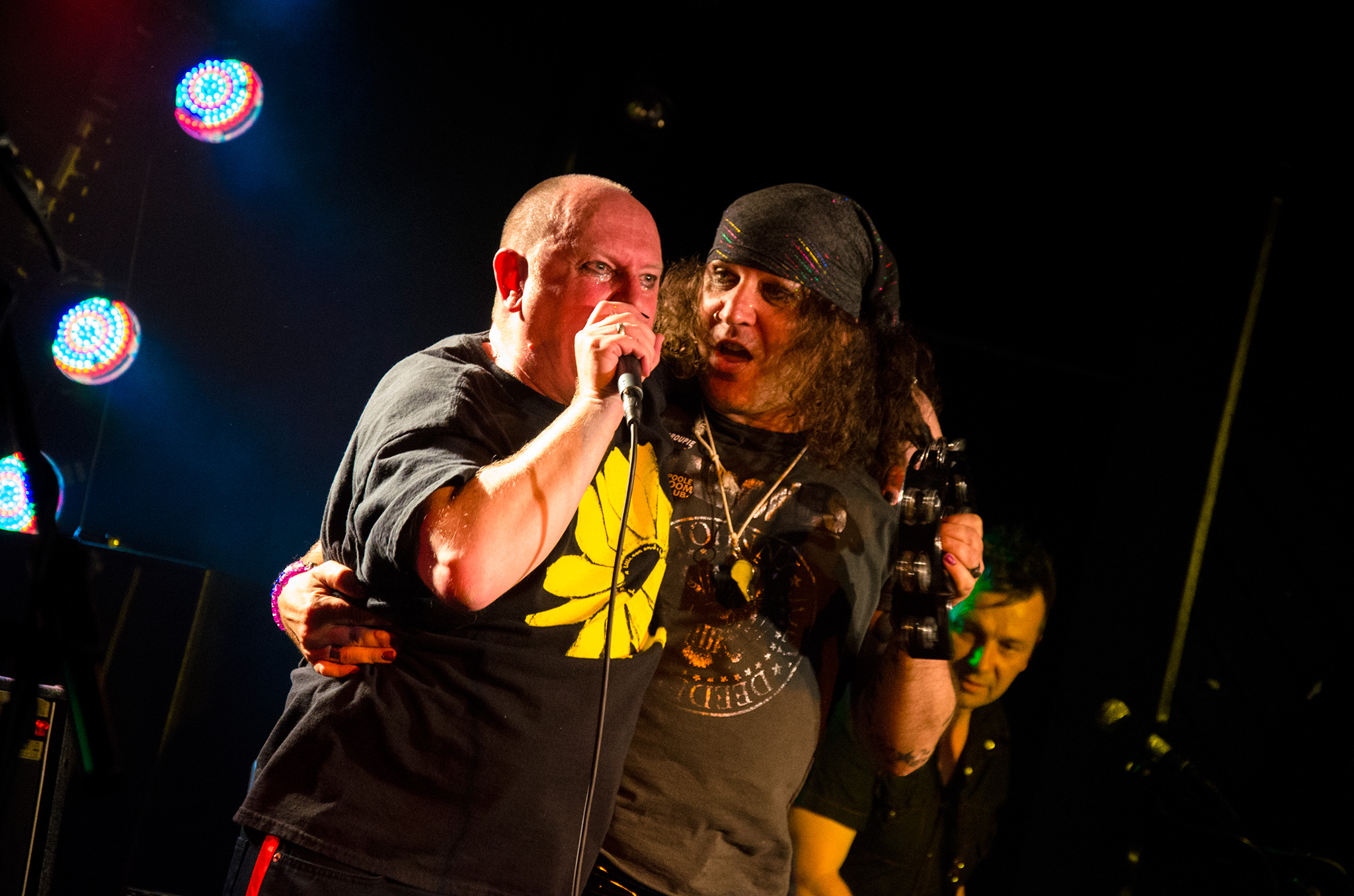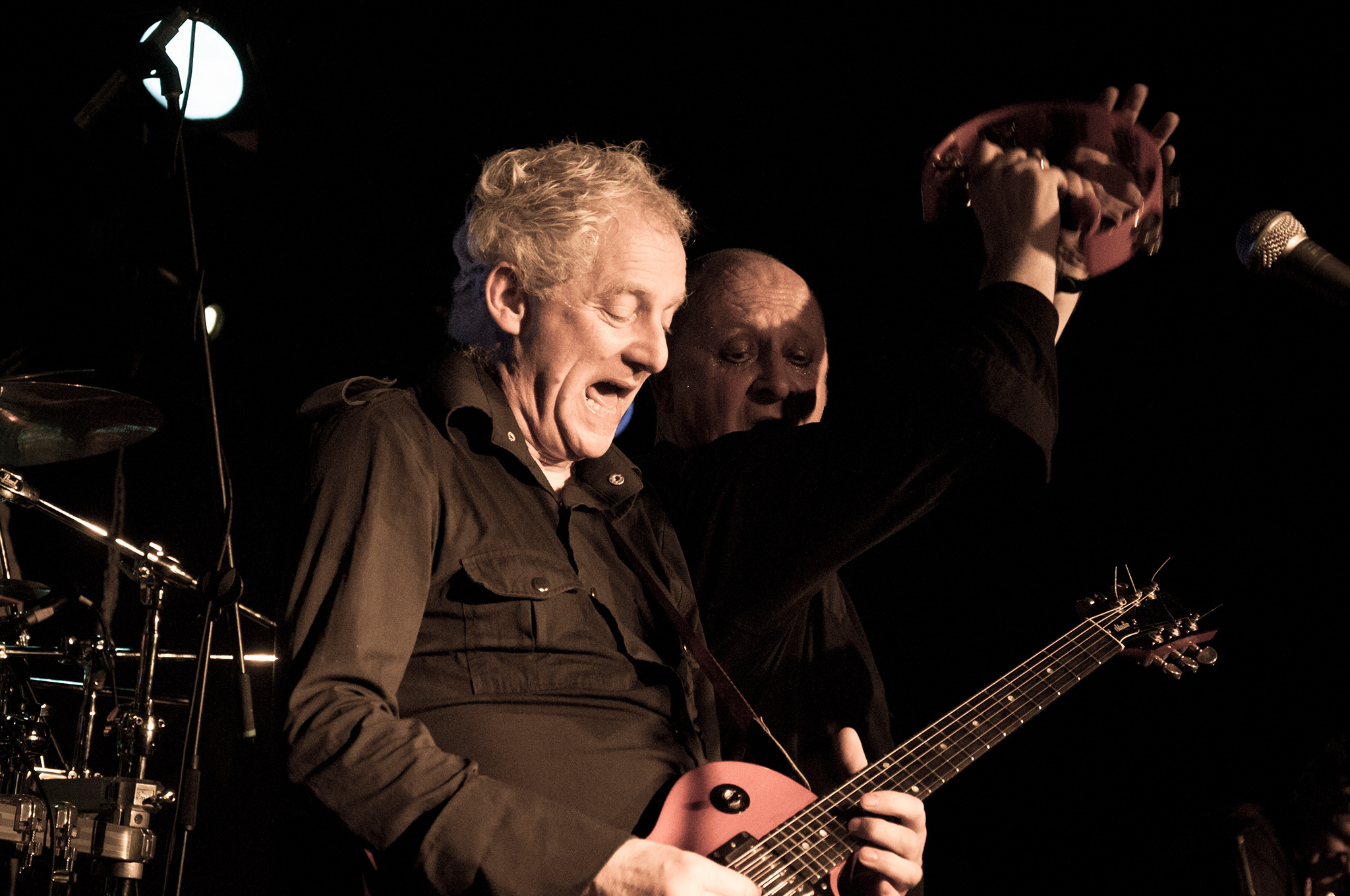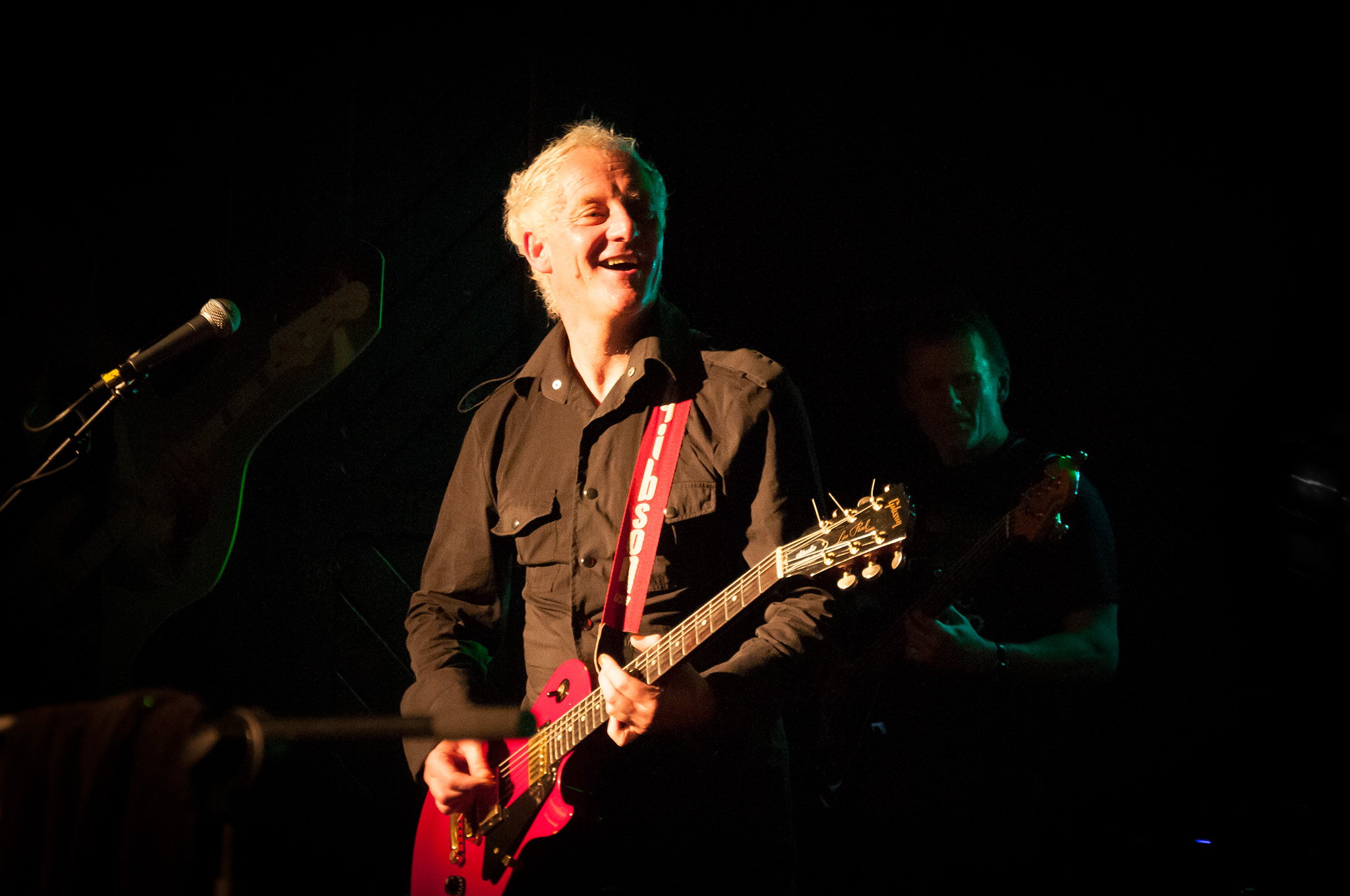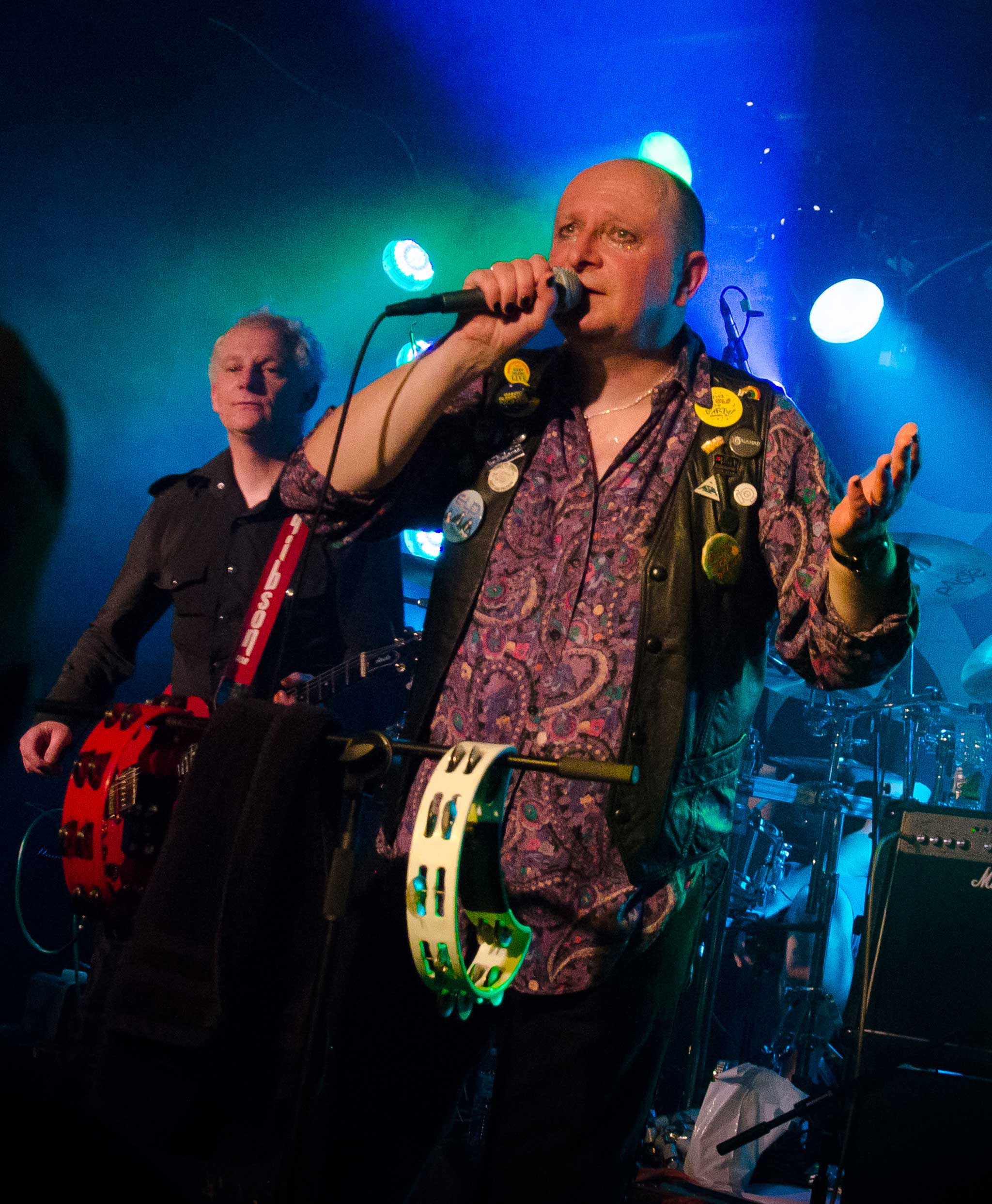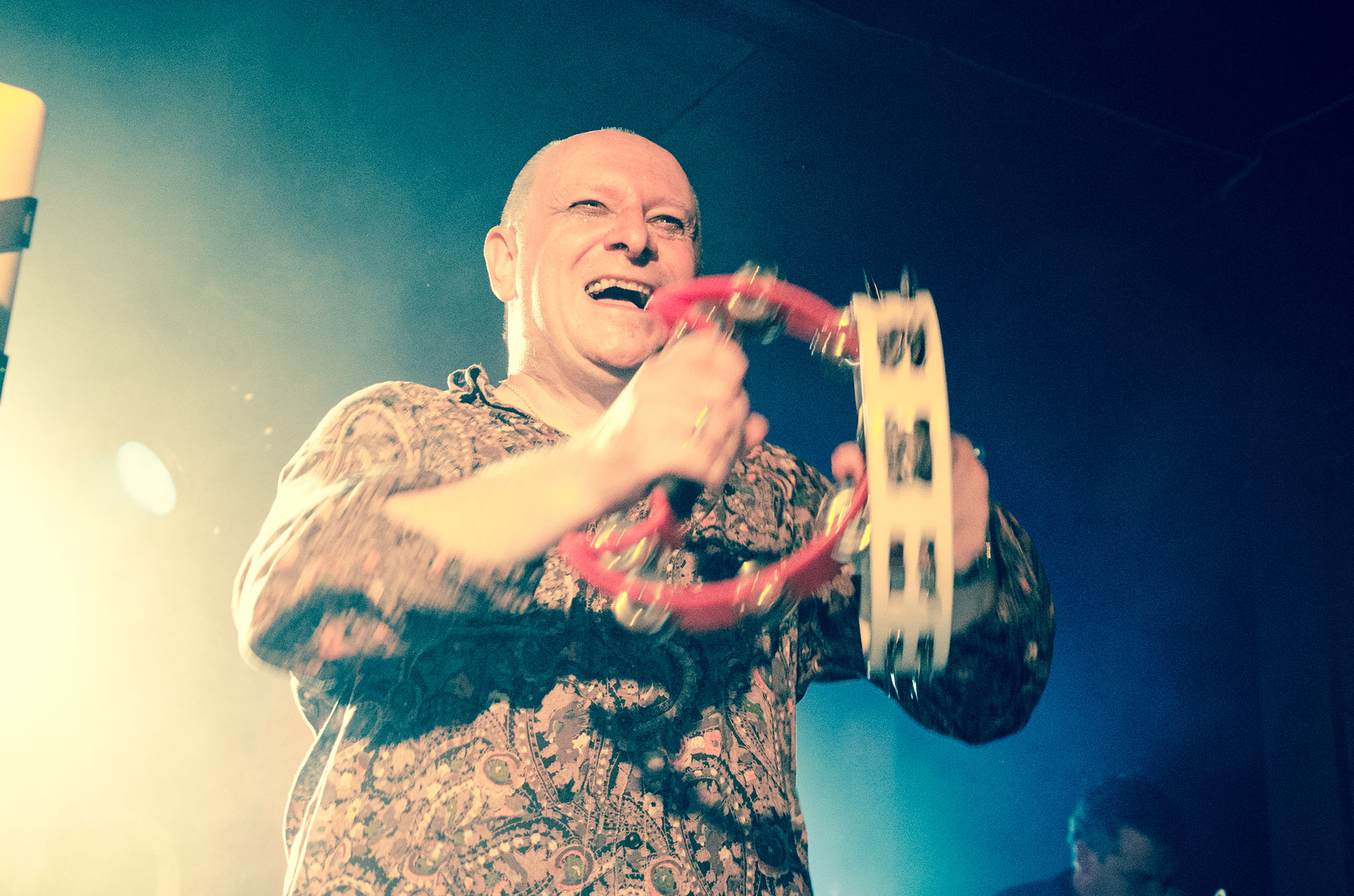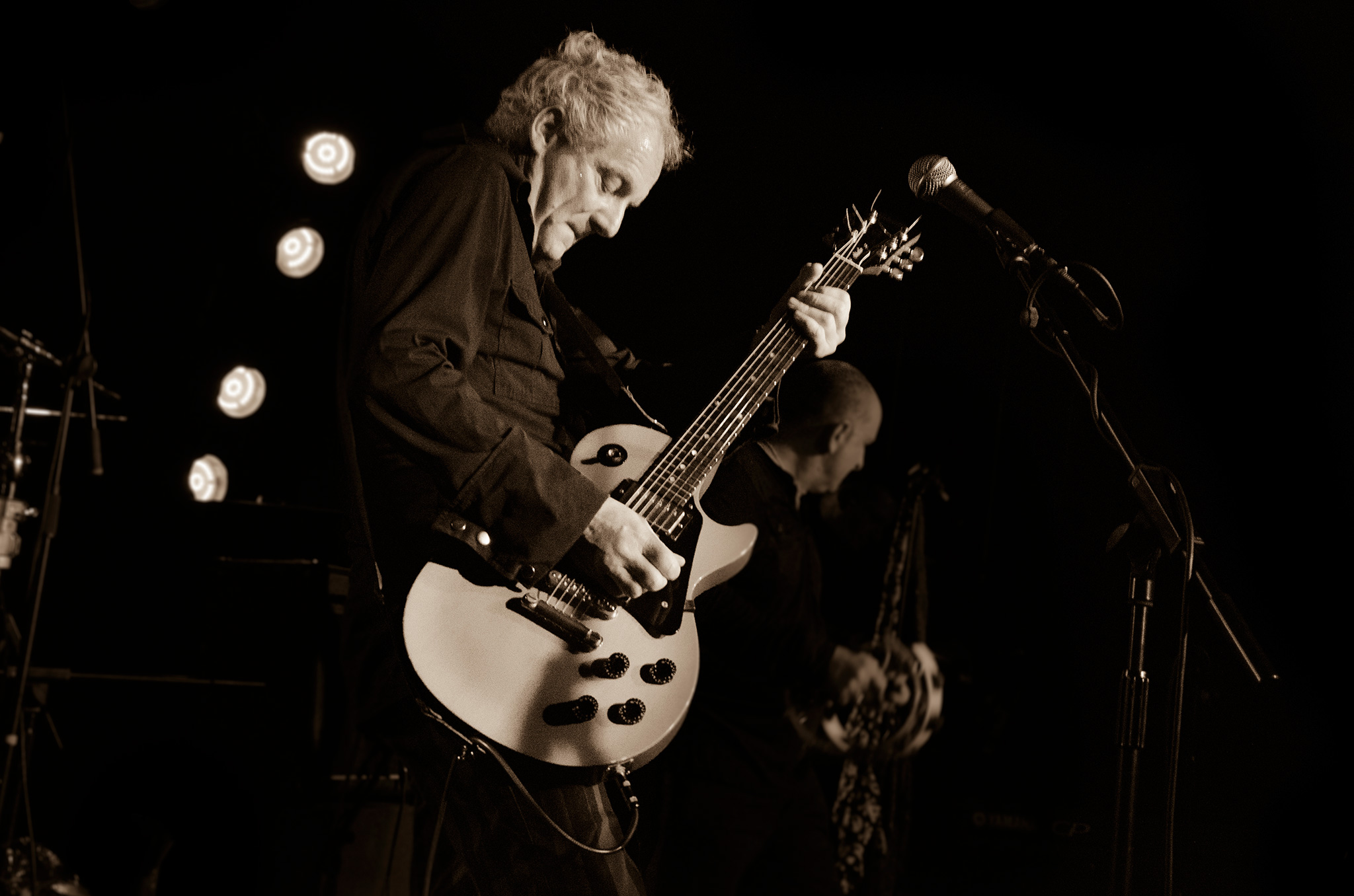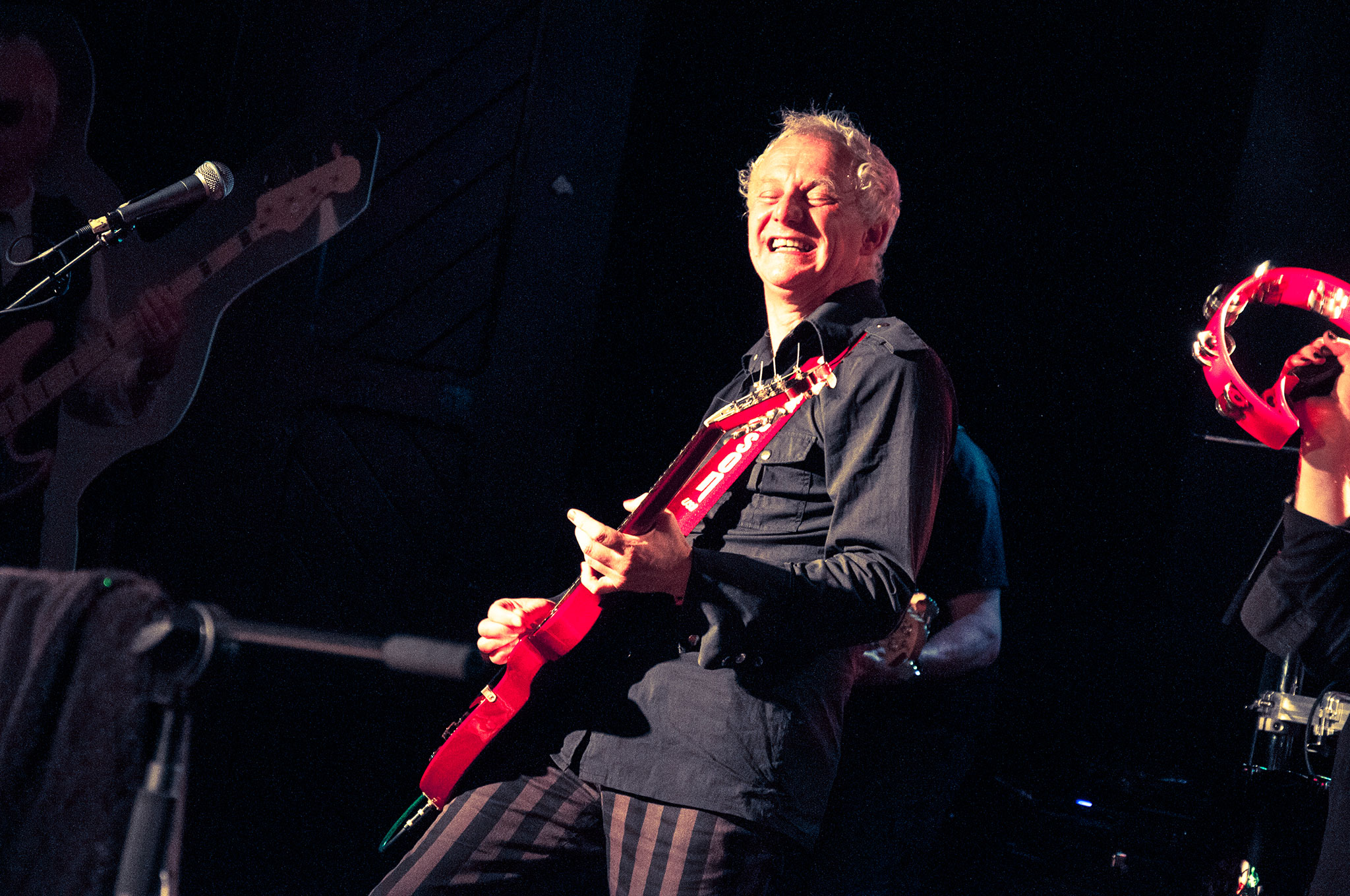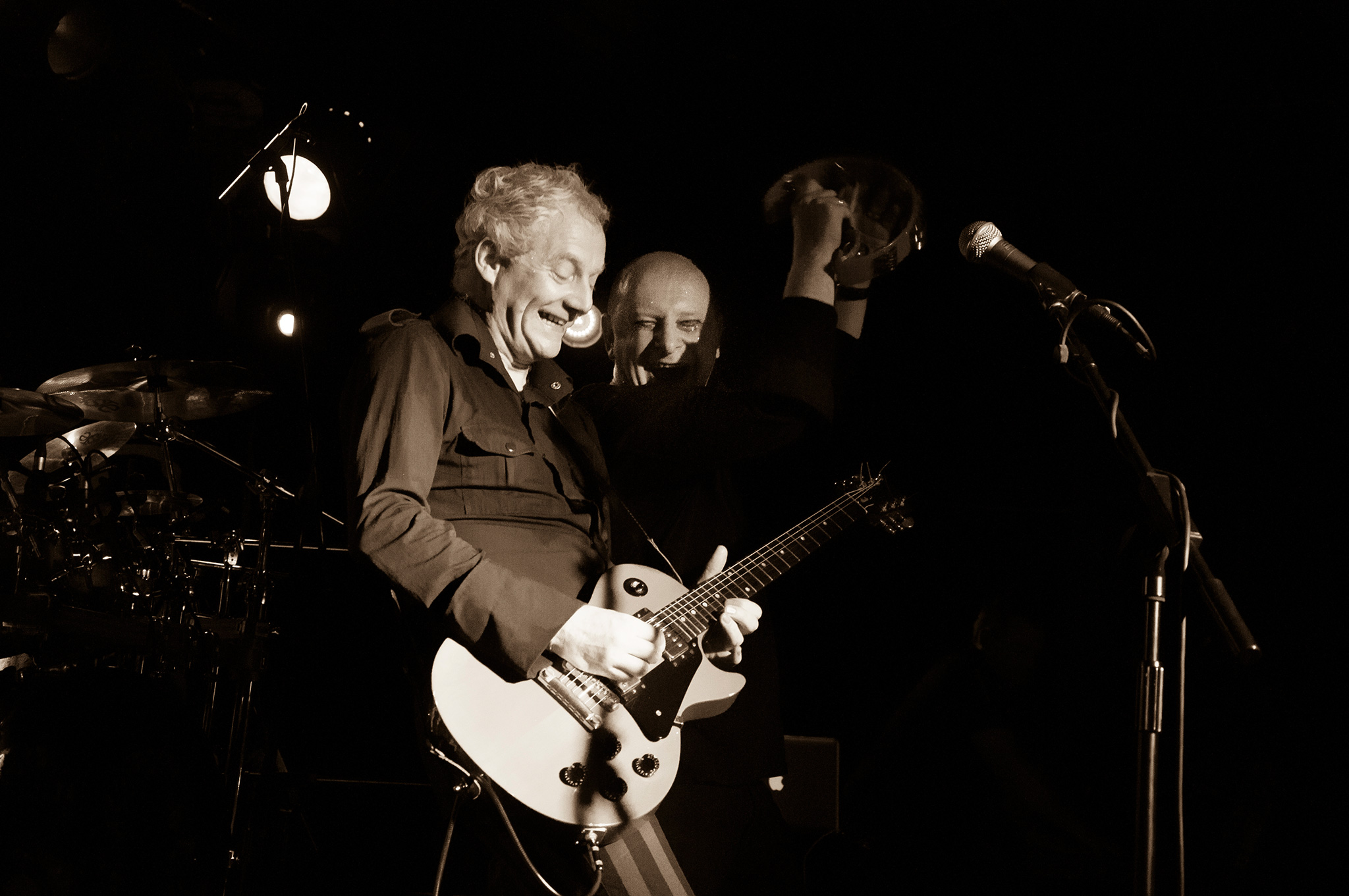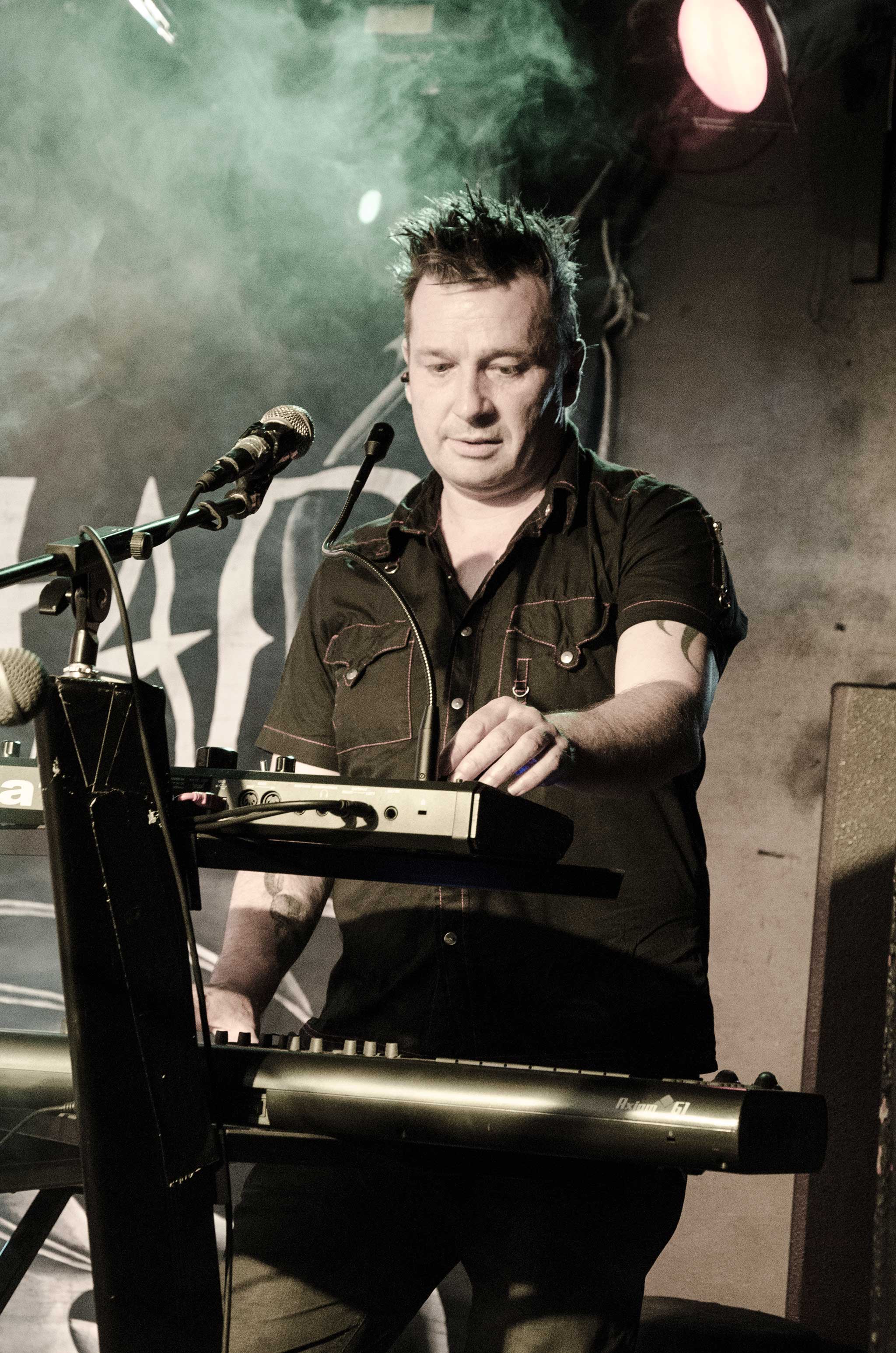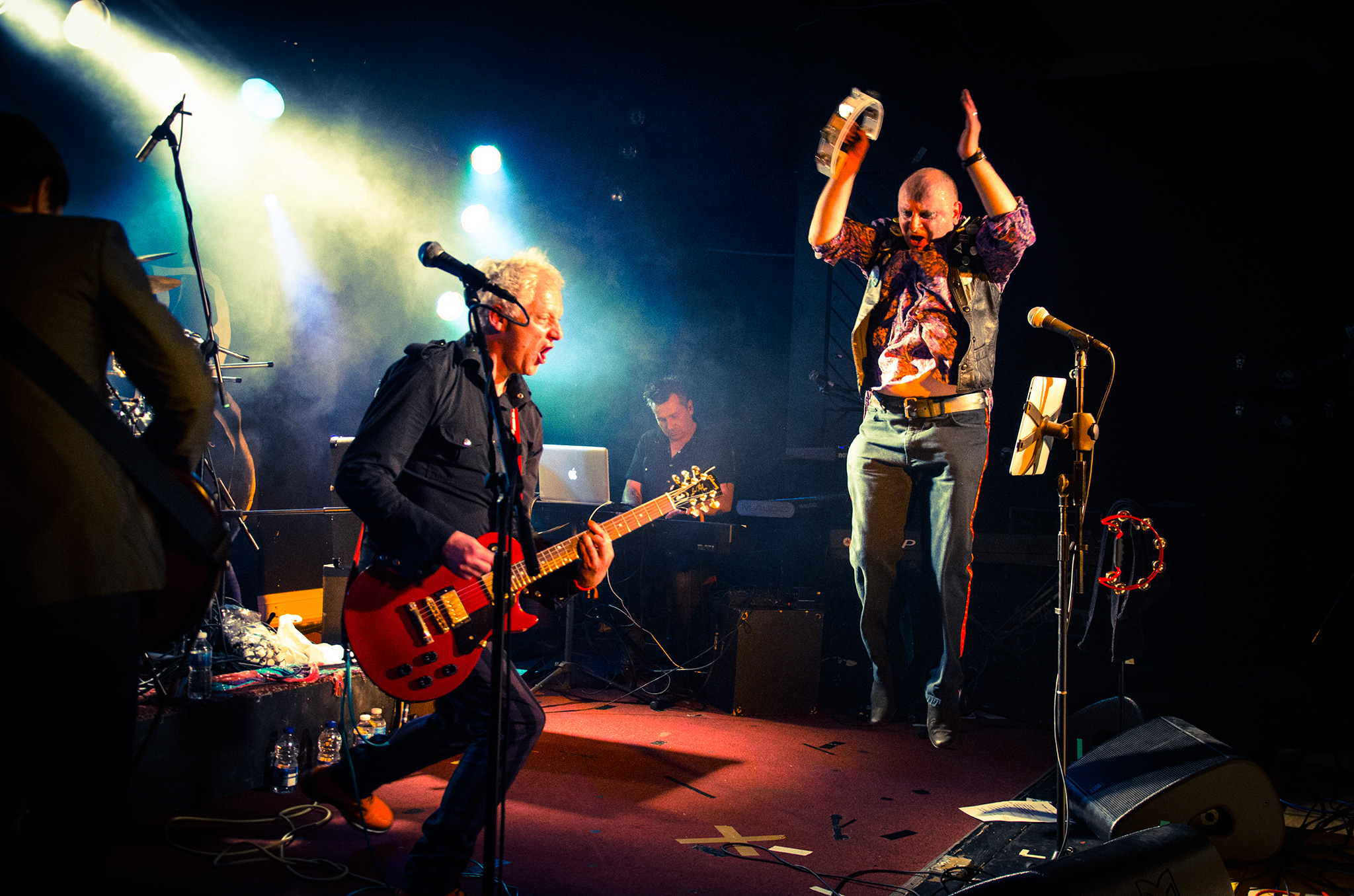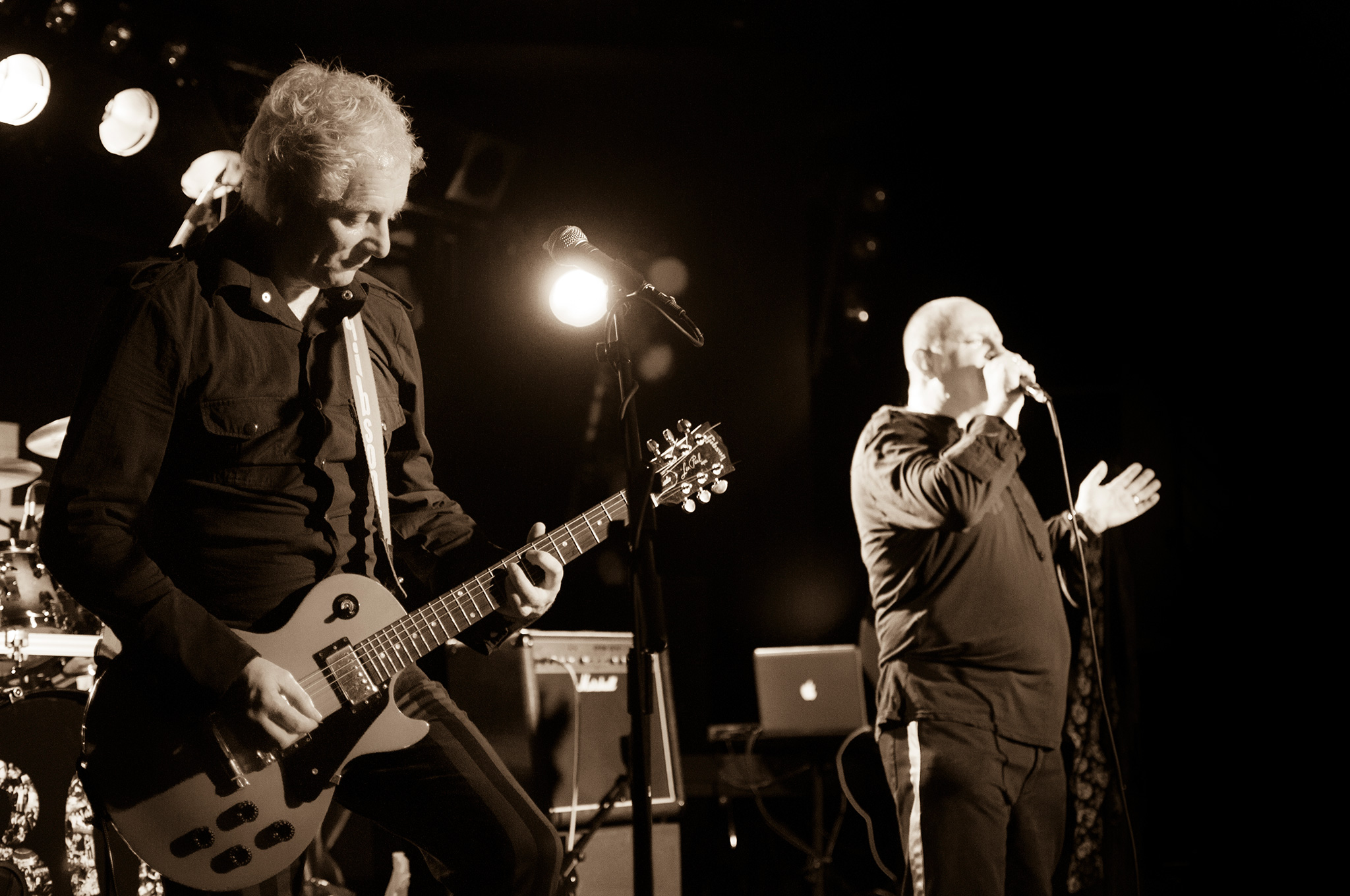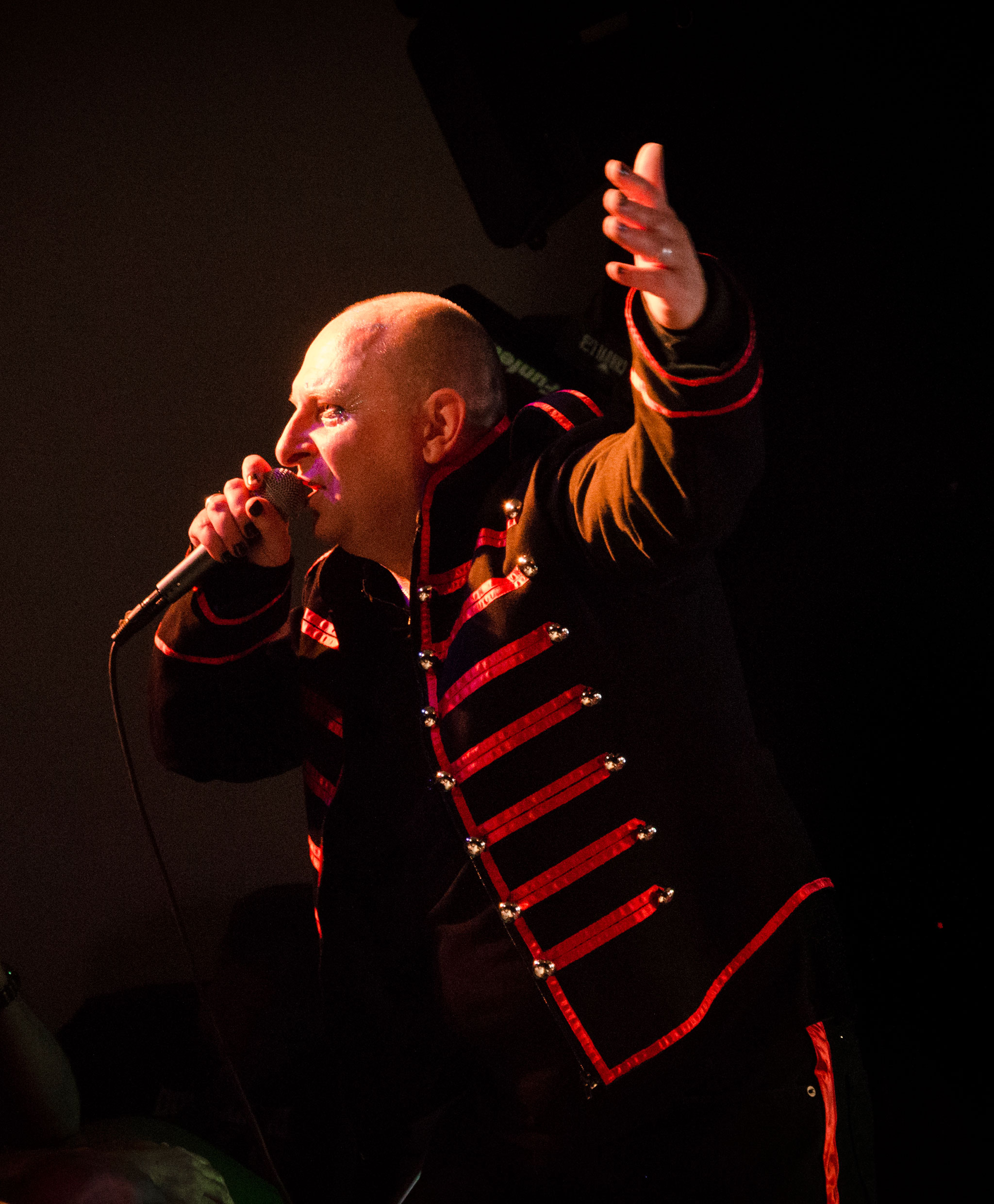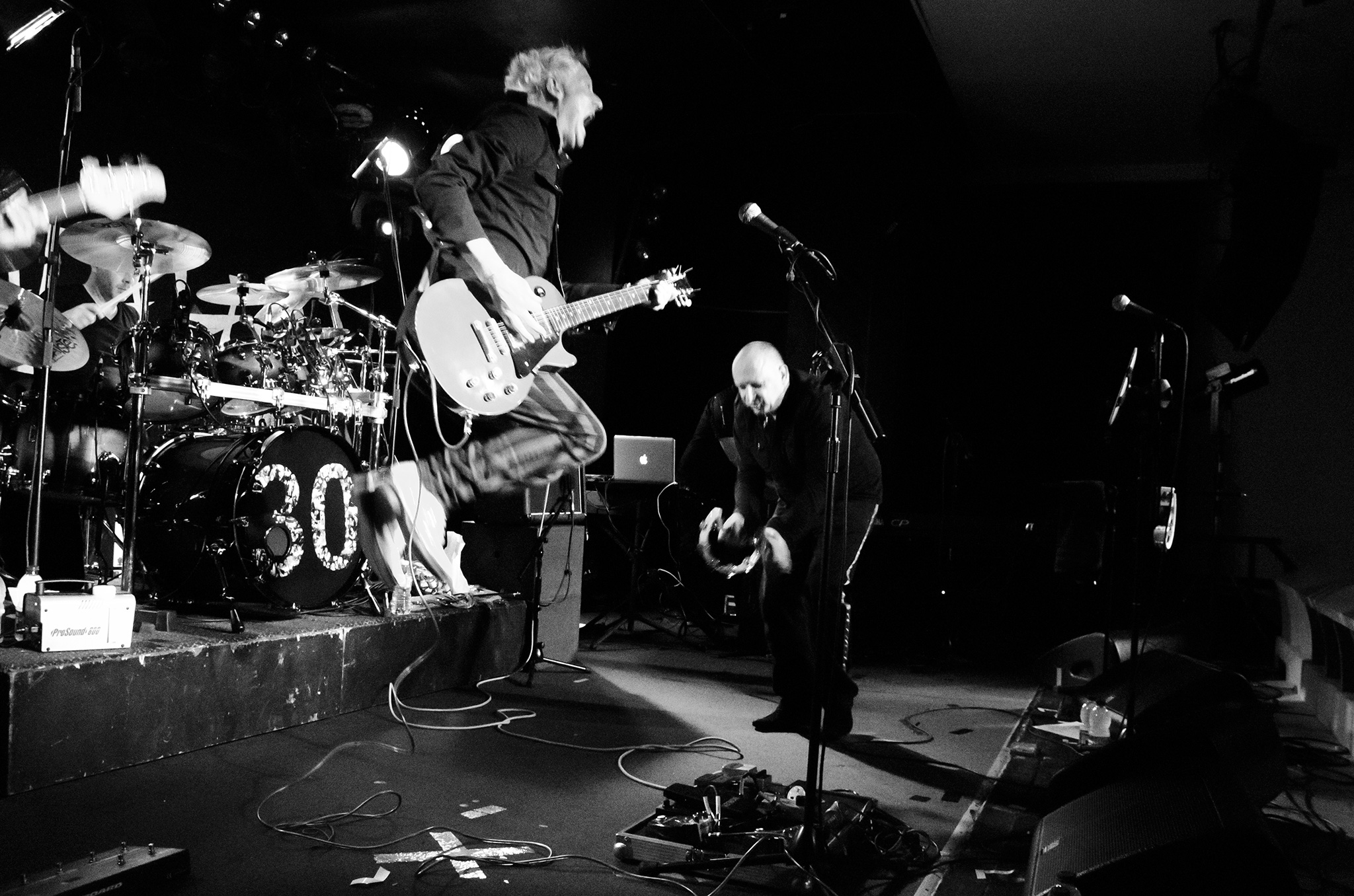It’s a sunny evening on the south coast where Galahad, a band who have weathered many storms, are celebrating their 30th birthday on Dorset home soil. The promised party attracts a respectable gathering of fans and well-wishers from as far afield as Poland, Germany and Sweden to salute the band and their extended family of players on this notable milestone.
The participating line-up includes two keyboard players – Mark Andrews (past) and Dean Baker (present) – and three bass players: Tim Ashton (past and present), Daryl Watts (possibly future) and, touchingly, a full-size cut‑out of bassist Neil Pepper, who died of cancer in 2011.
An introduction by a Noel Fielding lookalike dressed as a pirate, going through a “give me a G” routine, sets the often ad hoc theatrical tone. In the ensuing two hours, they gallop relentlessly through crowd-pleasers spanning four decades, only finally slowing down to a slightly breathless canter in the final furlong.
Why their pulsating, thoughtful brand of prog has escaped wider attention at home is hard to fathom, especially with the recent unexpected move towards the techno trance end of the musical spectrum, though their European stock remains much higher.
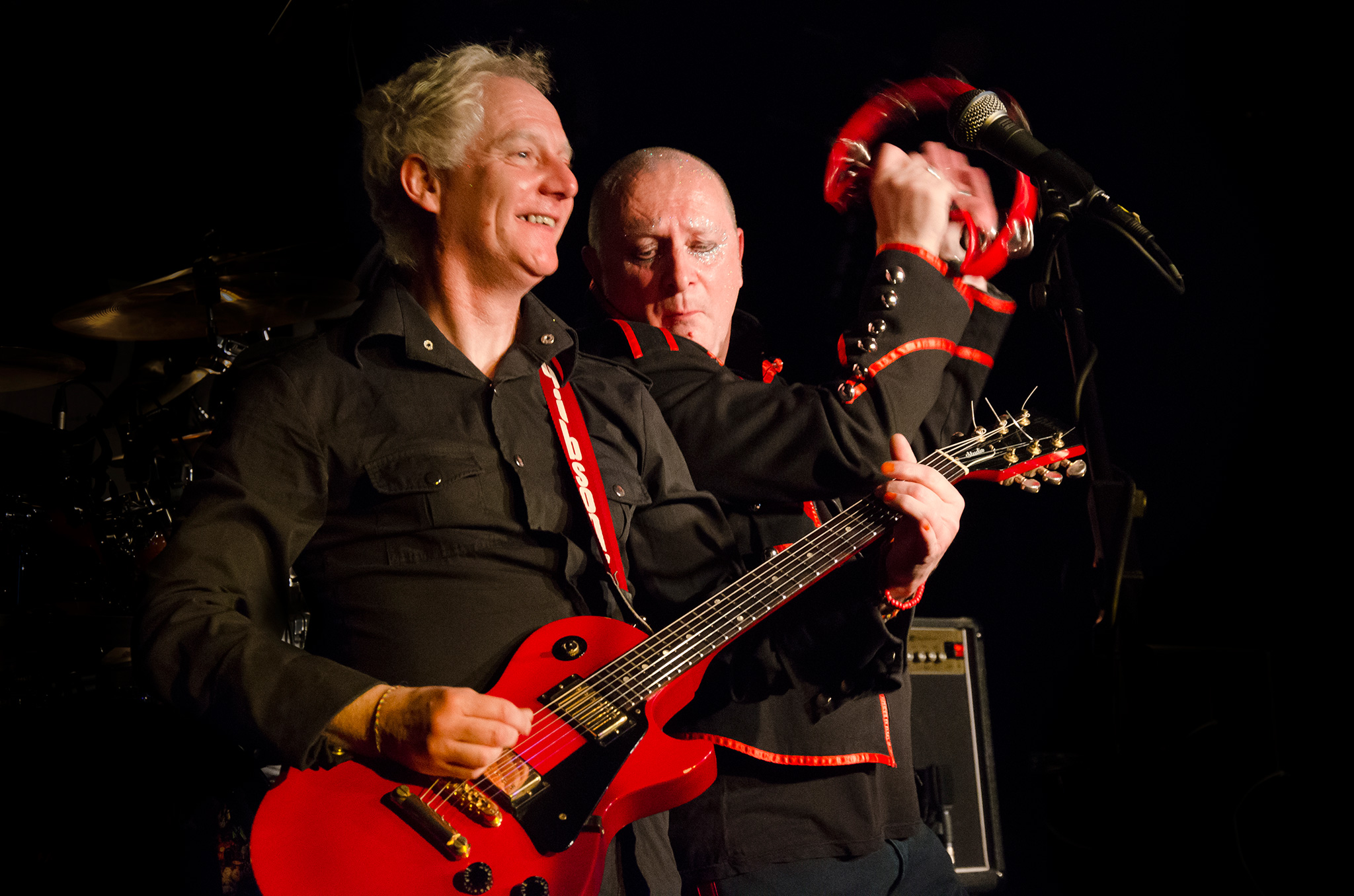
Singer Stu Nicholson is Brian Pern incarnate, a glittery ‘30’ inscribed across his expansive forehead and obligatory cape discarded before he potentially collapses from heat exhaustion. He’s a formidable presence and despite recent throat problems, he belts out the varied repertoire, though admittedly he misses the top notes on the Chris Squire tribute piece Soon.
There are hints of Queen, the Sensational Alex Harvey Band and Edith Piaf interspersed throughout the set. They achieve this partly through Nicholson’s vocal harmonies with Baker and long-time collaborator Roy Keyworth, the buzzy, hyper-energetic guitarist whose monster riffage and deft touches are integral to the sound.
Drummer Spencer Luckman is Mr Metronomic, keeping the pace regimentally quickstep. Ashton prefers to play in the shadows, as does Baker, whose keyboard trickery ranges from dance trance loops to huge Rachmaninov-influenced piano solos.
Keyworth’s monster riffage and deft touches are integral to the sound.
Older songs re-imagined include Room 801, during which Andrews appears dressed as an alien, and The Chase, where Watts, son of the original bass player, follows frenetically in his father’s footsteps.
Andrews returns to deliver some cultured keys on encore Dreaming From The Inside, one of their oldest songs, and one that sparks some community singing. It’s followed by modern anthem Seize The Day, heralding the return of Pirate Noel for some syncopated tambourine rattling.
Two machines spew out silver confetti and the band finish up wearing some of their original 80s stage clothes. It’s all good-humoured and great fun, a fitting tribute to a band who have never really taken themselves too seriously. The music’s not ’arf bad either.

